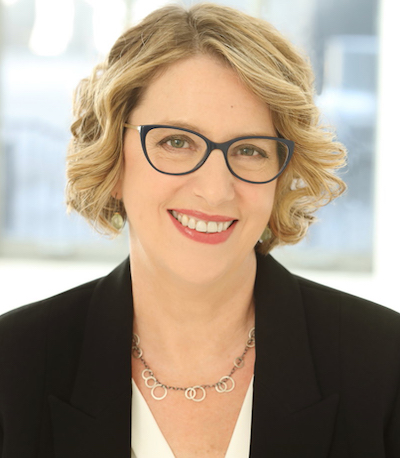
As we entered an uncertain year marked by an ongoing sense of crisis, one key concern was how we would sustain connection and community in the absence of in-person convenings and the collaborative energies of our research and teaching initiatives. The Cogut Institute’s role on campus is to serve as a dynamic locus of activity, a “hub,” for programming, cross-disciplinary research, and curricular innovation. What would all of this translate into when conducted in an exclusively remote format? And how would we respond effectively to the urgent challenges facing our communities and our world—the pandemic, the ongoing struggles for racial and social justice, and the climate emergency—when our means of connecting seemed so limited?
The Cogut Institute has over the past several years fostered programs responsive to the interests and commitments of our humanities faculty, students, and annual fellows. Given the fact that the crises of last year were the culmination of longer histories and processes, many of our initiatives were already focused on themes directly relevant to the contemporary moment, and event conveners responded with innovative forms of virtual programming and outreach. The Black Visualities Initiative, directed by Humanities Initiative Professor Tina Campt hosted three concept- and practice-focused international webinars with scholars and artists as part of by the Sojourner Project, a Black Studies Mobile Academy initiated by the Practicing Refusal Collective. Our vibrant, committee-led initiative, Environmental Humanities at Brown, first hosted a virtual welcome event that effectively reached many new students and faculty during an unsettling start to the fall semester, and then brought in a series of speakers who addressed questions of environmental justice, collaborative environmental practice, and the ethics of biodiversity, among other topics. Humanities Initiative Professor Leela Gandhi, who directs our Humanities in the World Initiative, introduced a powerful new series entitled Race in a Global Frame.
We also initiated entirely new forms of programming. To showcase the cross-disciplinary work being done in the humanities at present—especially as it relates to some of the largest challenges facing our society, world, and planet—we launched the institute’s first podcast, Meeting Street: Conversations in the Humanities. During the year’s seven episodes, I had the great pleasure of speaking with a range of scholars, in and outside of Brown, on a series of topics: disability studies, knowledge production in the humanities, the history and science of virtual reality, data science and the new media, the environmental humanities, the current challenges of feminist criticism, and historical racism and the politics of loss. We also experimented with a dynamic talk-and-conversation format for our new series Democracy: A Humanities Perspective, introducing short talks and responses followed by general debate, addressing the critical challenges facing democratic systems here and abroad, and modeling the forms of layered and contrapuntal understanding that humanities scholars routinely practice.
Beyond the world of our programming, which grows out of the distributed leadership of our established initiatives, the members of the annual fellows seminar and our collaborative humanities seminars played an inspiring role throughout the year. Our faculty, undergraduate, postdoctoral, and graduate fellows exhibited commitment, stamina, and joyful engagement throughout the months of online seminar sessions, as did the many graduate students from across the humanities who enrolled in our team-taught courses. I hope you will pay special attention to their research as it is featured here, and invite you especially to explore our Meet the Fellows videos. These scholars, with nimble support from our extraordinary staff at the institute, advanced the study of the humanities during a year that exemplified just how important such studies can be.